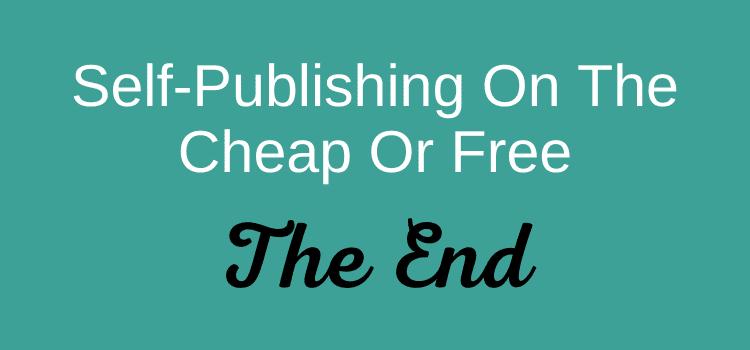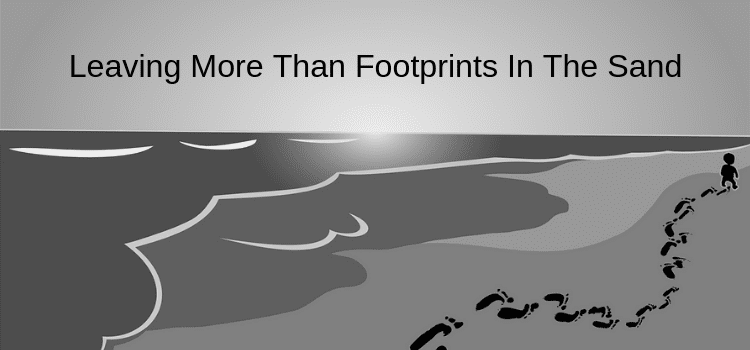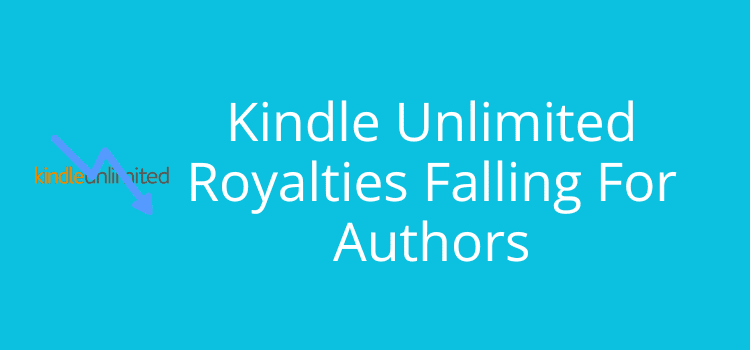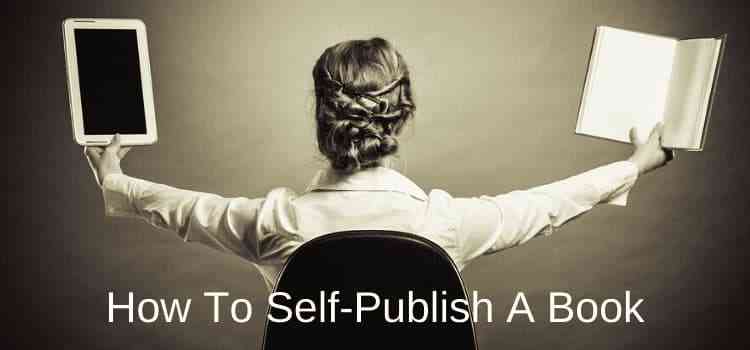
Self-publishing has the reputation of being free or at least a cheap way to publish a book.
In a sense, it is true. Free self-publishing for an ebook is extremely easy with Kindle Direct Publishing (KDP). You can also find ample free book promotion opportunities online and on social media.
You can create an ebook cover for free using free images from sites such as Pixabay and then add a title and author name on top of it in Word. Or you can use free online ebook cover creators.
You might find that a friend can help you with proofreading. With a lot of luck, perhaps you have one who has some knowledge of editing and grammar.
Free, but how successful is it?
Free self-publishing on Amazon Kindle or any other self-publishing platform is easy.
The problem is that there are so many self-published authors now.
This makes it challenging to stand out and attract book buyers.
The popularity of KDP Select and Kindle Unlimited means that the Kindle Store is awash with millions of ebooks.
Selling your book is tough going. Social media is wall-to-wall with book promotion posts and messages about books on Amazon.
Often these circulate within a crowd of other hopeful authors because authors have the bad habit of following other authors.
Product quality is also associated with cheap self-publishing, which can be detrimental to book sales.
The quality of many ebooks is poor, almost always because they were quickly prepared on the cheap or for free.
But self-publishing is here to stay, and no amount of deriding cheap self-published ebooks will change that fact.
Self-publishing will continue to deliver ebooks covering the whole spectrum of quality and in enormous numbers every year.
Self-publishing is a big business
However, this is an opportunity for authors who realize that successful self-publishing is not only about cheap book publishing.
Many authors change their mindset after one or two books and start thinking about how to better exploit a business opportunity.
They understand that with market research, business planning, a little investment, and a great book, self-publishing can be a profitable business.
The digital book market is massive and still growing.
The publishing industry has always been a business model based on gambling on the success of one or two titles.
But it has worked for a very long time for traditional publishers.
Invest a little to succeed
If you want to succeed in self-publishing, an author will need titles; the more, the better. Only a handful will probably succeed.
Writing will be the number one priority in creating saleable books.
They will need to market smart and look for paid advertising and book promotion opportunities, which give at least a modest return on investment.
Savvy self-publishers will pay for a professional cover designer and a competent book editor to help produce high-quality books.
Like almost all new businesses, self-publishing might run at a loss for the first year or even more.
But most of all, successful authors understand how to differentiate their books in the market.
They will continually seek out market niches that they can exploit.
All of these factors are business 101.
Making self-publishing your business
Many authors and independent publishers have succeeded in making self-publishing their businesses, and it is because they worked very hard to make it their business.
More will follow and succeed, I am sure.
But it will only be those authors who realize that there is nothing much to gain from self-publishing on the cheap or for free.
Why? Because a product, including a book or an ebook that sells well, was never created, produced, marketed, and promoted without incurring at least some expenses.
Self-publishing gives you the chance to create your own small publishing company.
It doesn’t mean you need to spend thousands of dollars to succeed in self-publishing.
A few hundred dollars can go a long way in increasing the chances of a book’s success with online retailers.
Investing in professional book cover design for ebooks and print-on-demand paperbacks is essential.
So, too, is paying a little bit of money after writing a book to help you produce a first-class manuscript.
For your book marketing, there will be some costs to advertise and promote your books.
These expenses are not going to break the bank. But they will give your books a much better chance of success.
Summary
Yes, free self-publishing is an option for many new authors. Just upload your book, and that’s it.
If your primary aim is to simply publish your story, then using a free publishing service is for you. You can even publish print books for only a few dollars.
But, honestly, you shouldn’t expect to make a lot of sales or money. The market is far too crowded and over-supplied with poor-quality books.
On the other hand, if you decide to invest a lot of money in vanity publishing, there is no guarantee of success either.
Publishing, in any form, is always a risk.
The best advice for new authors is to dip your toes into the market and see what happens. Some authors will find a degree of success, while others will not.
But there is one factor that always separates the two outcomes.
It is always the quality of a book that counts.
You have a chance if you write a great story, produce a high-quality manuscript, have a brilliant cover, and write a compelling book description.
It is always the cream that rises to the top.
Related Reading: How To Self-Publish A Book Written By Your Child




Are there reputable self-publishing or traditional publishing companies that put process above profit, and the author at least on equal footing with the companies in question? Nearly everyone that I have reviewed to date has had numerous complaints filed against them at the Better Business Bureau.
Am I asking the impossible or am I just being unrealistic or idealistic?
Yes, there are reputable publishers. Consult this list on ALLi.
https://selfpublishingadvice.org/allis-self-publishing-service-directory/self-publishing-service-reviews/
I’m writing a children book. I’m almost done with it. It’s going to be a chapter book. I also wrote a picture book. I can’t draw who does the drawings and will it cost me anything?
There are plenty of freelance artists who will do the art for you, and yes, it will cost you. How much depends on the artist, and you will need to negotiate the terms with them and put together a contract. If you’re serious about your children’s writing, it may be worth joining SCBWI(the Society of Children’s Book Writers and Illustrators), and checking out some of the children’s writer/artist discussion groups on LinkedIn. People often ask questions such as this and get answers from artists. Hop3 this helps!
You were right to turn them down. I’ve been offered similar “deals” in the past. I eventually was accepted by a traditional publisher. The works in question were never published and, looking back, I can see why. Whether we authors like it or not, many traditional publishers are aware of what can sell and what can’t. I can understand why some might like a book but not consider it part of their genre. For example, my publisher will not consider a beginner book on astronomy,
I think the self-publishing route is worth considering. In your case (and mine), we have published books so can believe in what we do.
I have seen it written many times that a lot of self-published books are written by people who think they can write but can’t but that doesn’t diminish the efforts of those who can write and choose this route,
Thanks for your comment, Gina. All I can really say is that when a publisher asks an author for money, it’s then vanity publishing, and self publishing is always a better alternative to that.
I recently turned down a publishing contract with British publisher (Austin McCauley) because they offered me a contract with the prevision that I “contribute” to publishing costs to the tune of 2500 British pounds. Their stated reason was that, although their editorial board liked my book, their financial board felt that since I was not published in the genre of adult literary fiction, they needed to minimize their risk. I have published over 30 children’s nonfiction books, most available on Amazon.com.
Do you think I was right to turn them down? What advice do you give for pursuing a traditional publisher first? I’ve had one other publisher (Sourcebooks) take it to the editorial board level, but it didn’t make the final round. Right now, I’m concentrating on getting an agent. What do you think?
Legend insists it’s harder to get an agent than a publisher. I don’t know whether this is true or not